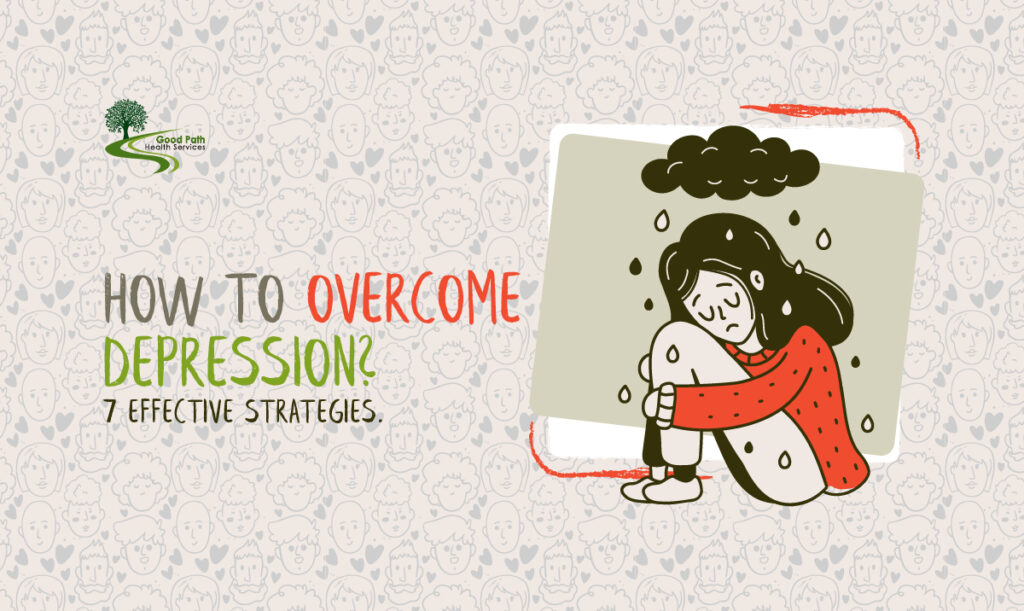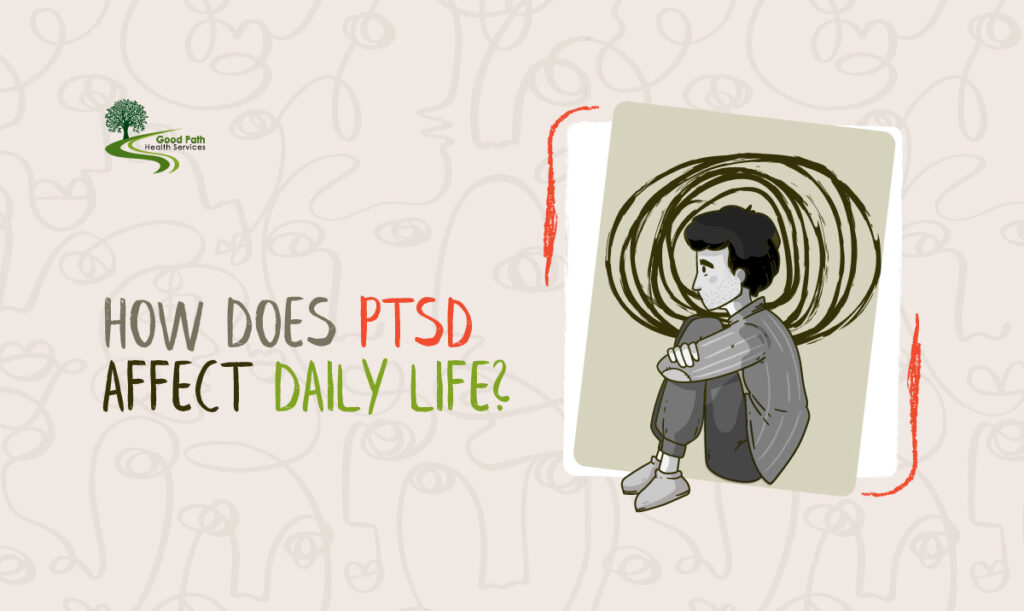
Ever felt a bit dizzy and off-balance during those super stressful or anxiety-filled moments? It’s pretty common.
If you’ve ever linked that spinning sensation to your anxious moments, just know you’re not the only one.
This post will delve into the reasons why anxiety may actually result in dizziness, what happens in such cases and how one can address it.
What Is Anxiety?
Anxiety disorder is more than just being stressed or worried. It’s a persisting condition where those feelings stick around and might even worsen over time.
Sometimes, anxiety will affect your life so badly that it interferes with activities like work, school as well as relationships.
It takes roots in various forms including generalized anxiety disorder (GAD), panic disorder and social phobia each with its own symptoms and triggers.
How Common Is Anxiety?
Anxiety disorders rank as the most common mental health challenge, impacting around 30% of adults at some point in their lives.
Read More:
Can Anxiety Cause Dizziness? – The Link Between Anxiety and Dizziness
It can.
Many physical responses can be caused by anxiety. The rush of adrenaline, a part of the “fight or flight” response, increases your heart rate and blood pressure that may eventually result in dizziness.
In addition to this, hyperventilation is often brought about by panic attacks that usually involves rapid shallow breaths reducing carbon dioxide levels in blood hence leading to lightheadedness or dizziness.
Why Does Anxiety Cause Dizziness?
Dizziness that comes as a result of anxiety is frequently because of how your body responds when there is an increased awareness.
The body is preparing for danger (which ironically might not exist) so it confuses the paths where your blood flows and oxygen supply goes. Your brain gets less oxygen and therefore you feel dizzy and light-headed.
Symptoms and Signs
There are different ways anxiety-caused dizziness can happen. You may unexpectedly experience an overwhelming spin or it could just start gradually with a mild sensation.
Some people say it’s like being unsteady on their feet or walking on a boat;
Other symptoms of anxiety such as rapid heartbeat, perspiration and shortness of breath are sometimes felt along with this feeling of dizziness.
What You Can Do About It
Tips to Cope
- Stress Management: Staying active, reflection and deep breathing can alleviate stress symptoms while reducing dizziness resulting from anxiousness.
- Mindfulness and Relaxation: Practicing mindfulness could ameliorate the intensity of anxiety attacks. Yoga or tai chi – this kind of mind-body workout is beneficial in terms of both mental health and physical well-being.
- Stay Hydrated and Eat Healthily: Being dehydrated or having low blood sugar levels can make dizziness worse. Drink a lot of water and eat balanced diets as well.
- Gradual Exposure: Gradual exposure to situations that trigger anxiety or dizziness can help decrease your symptoms. Begin with small steps, then gradually increase your endurance level.
- Professional Help: Counseling or therapy, notably cognitive-behavioral therapy (CBT), has been found effective in dealing with anxiety disorders. Medications might also be a choice you consider.
When to See a Doctor
It’s crucial to consult with a healthcare provider if your dizziness:
- If you had frequent episodes of dizziness getting in your daily life activities
- When they come on suddenly without an obvious reason
- You have other symptoms such as severe headache, persistent vomiting and chest pain which are considered alarming
What to Expect Moving Forward
One good start toward managing one’s anxiety is recognizing that it can result in physical symptoms like lightheadedness. This calls for proper management practices that involve understanding how to deal with the situation if it arises again.
Healing from anxiety takes time, and every small step forward marks a win.
Healing is not just about treating symptoms but understanding and addressing underlying causes. With the right support, you can learn to manage both your anxiety and its physical manifestations, including dizziness.
Concluding Thoughts
So, can anxiety cause dizziness? Yes, it can.
This is a frightening thought but understanding how this goes together and learning to effectively deal with it can make all the difference in the world.
Lifestyle changes, therapy or medical intervention may be useful in addressing your root anxiety causes leading to lessened dizziness and better health overall.
Remember that you are not alone; there is always help available for you to seek.
Good Path Health Services offers a supportive approach for managing anxiety. Schedule your intitial consultation today to discuss your symptoms.
FAQs
What does dizziness from anxiety feel like?
A feeling similar to lightheadedness or unsteadiness, often accompanied by a spinning sensation.
How does stress cause dizziness?
Feeling dizzy occurs when stress affects blood circulation and stability by increasing adrenaline production.
How to stop dizziness from anxiety?
Take slow deep breaths; anchor yourself within your surroundings; and minimize stressors.
How long does dizziness from anxiety last?
Usually brief – minutes to several hours depending on individuals.
Is there a medication for anxiety dizziness?
A doctor might prescribe SSRIs, benzodiazepines, or beta-blockers based on individual cases.
Can anxiety cause dizziness and blurred vision?
Yes, anxiety can cause a person to become dizzy.
Is lightheadedness during anxiety attacks a common symptom?
Yes, it’s a common symptom, it can come from rapid breathing or a drop in blood pressure.
How to stop dizziness from stress?
Manage stress and practice relaxation.
What does anxiety vertigo feel like?
A spinning sensation affecting balance.
Can anxiety cause dizziness and nausea?
Yes, during high anxiety moments.



